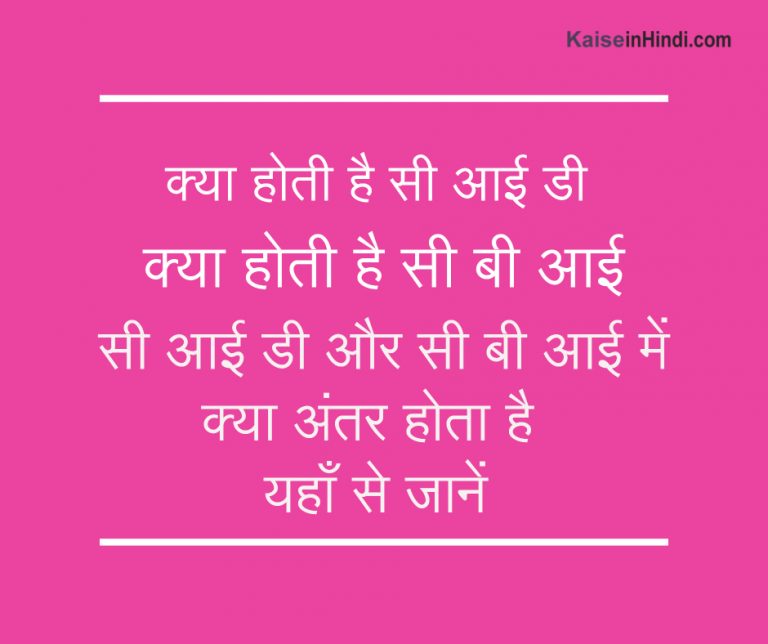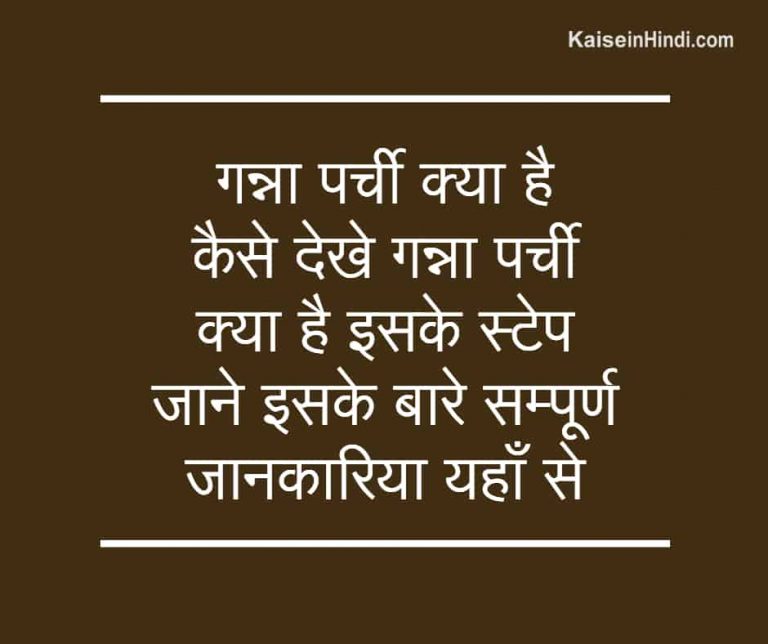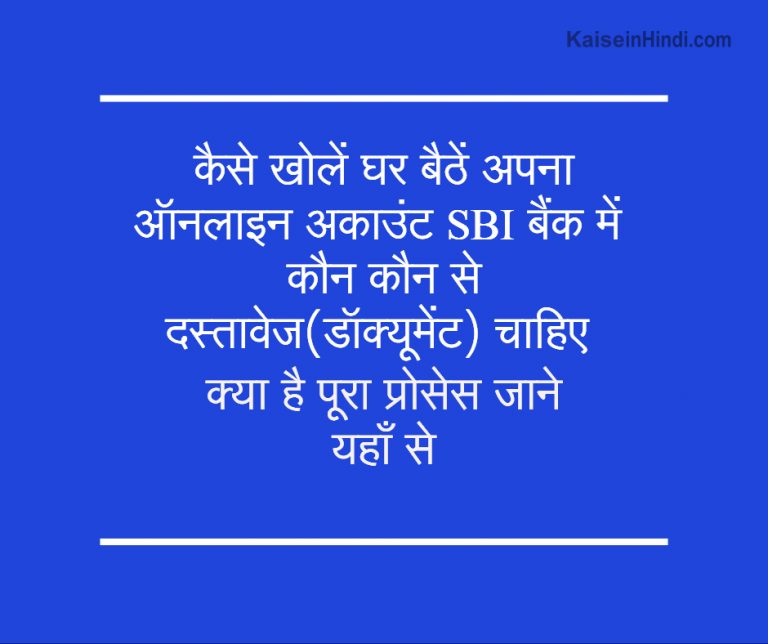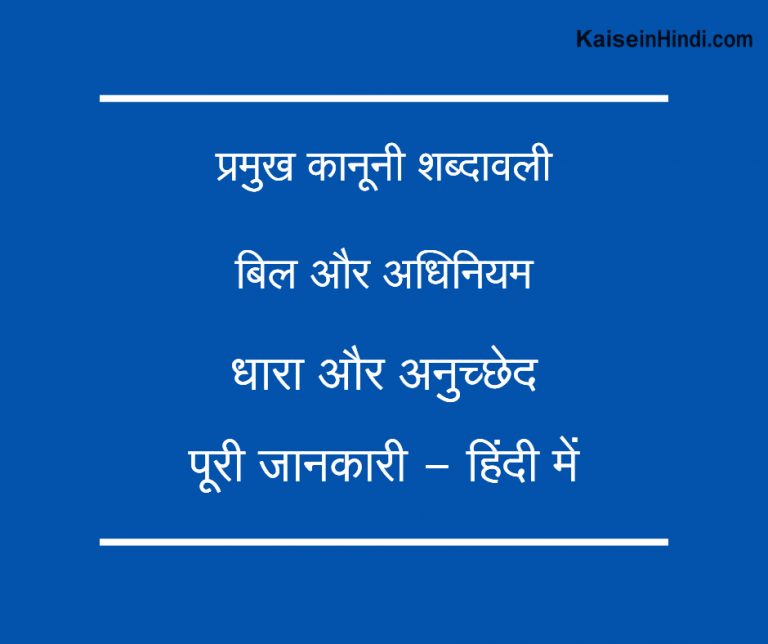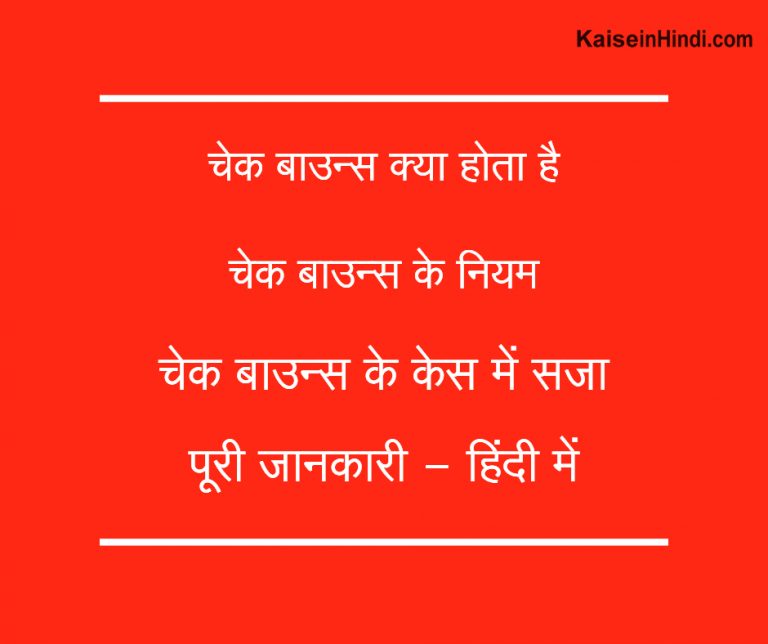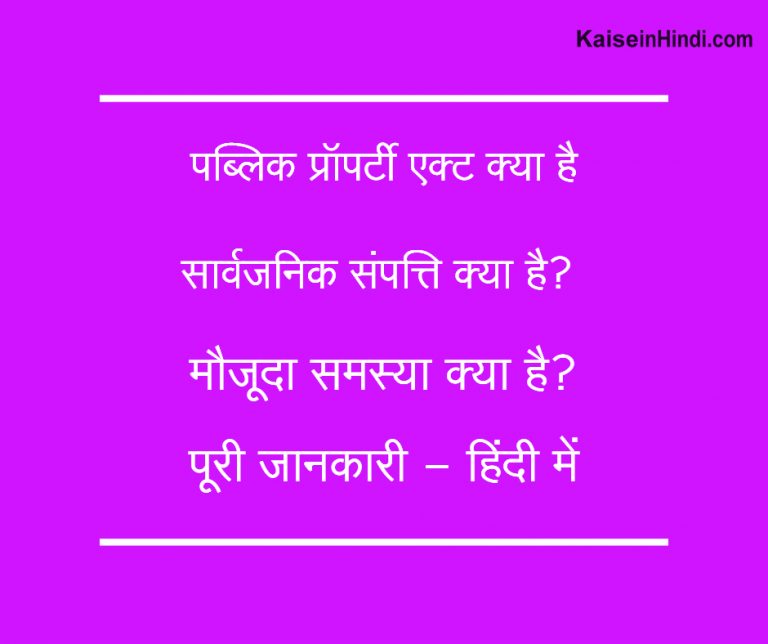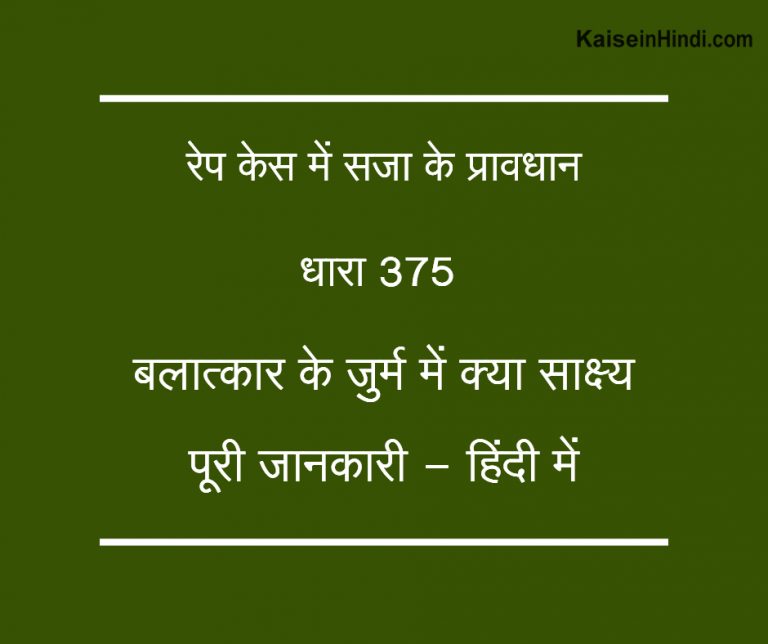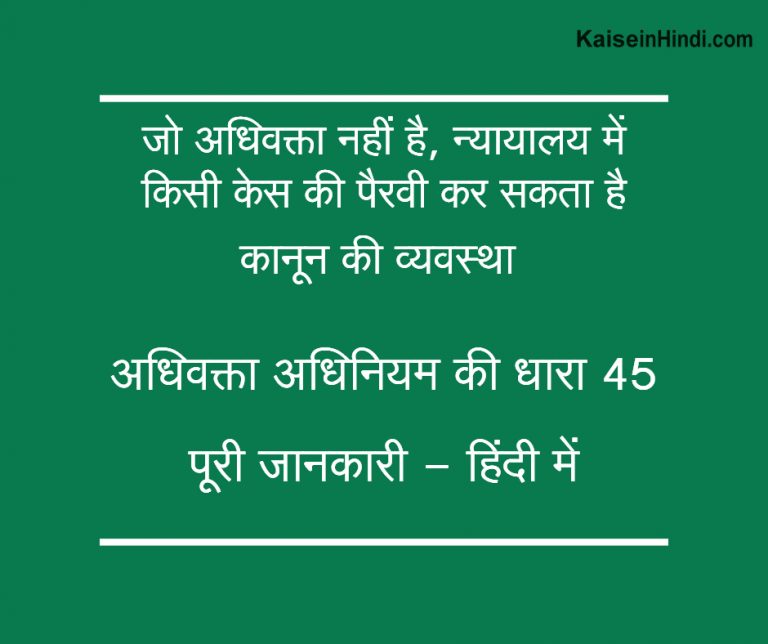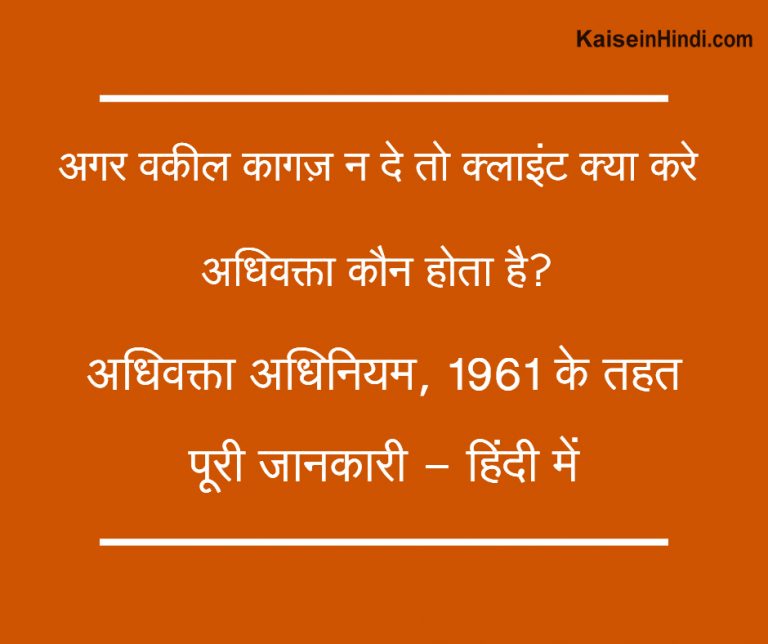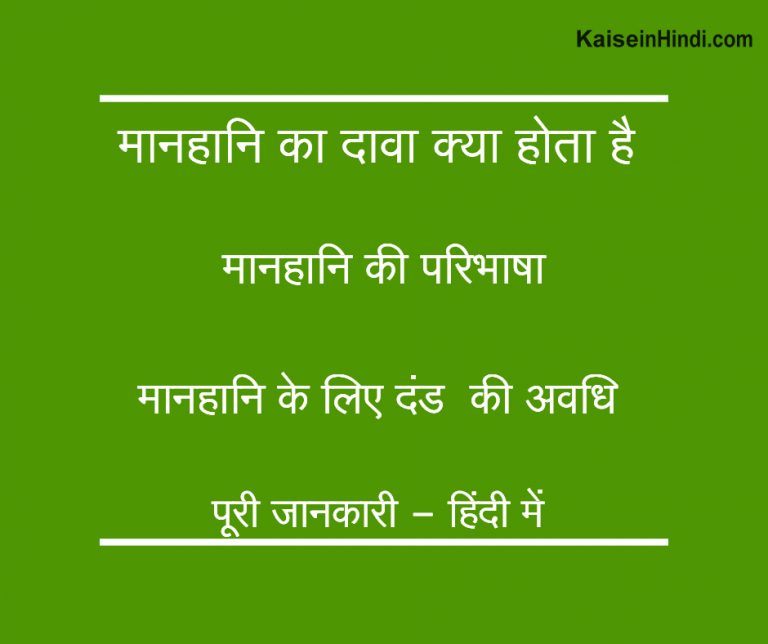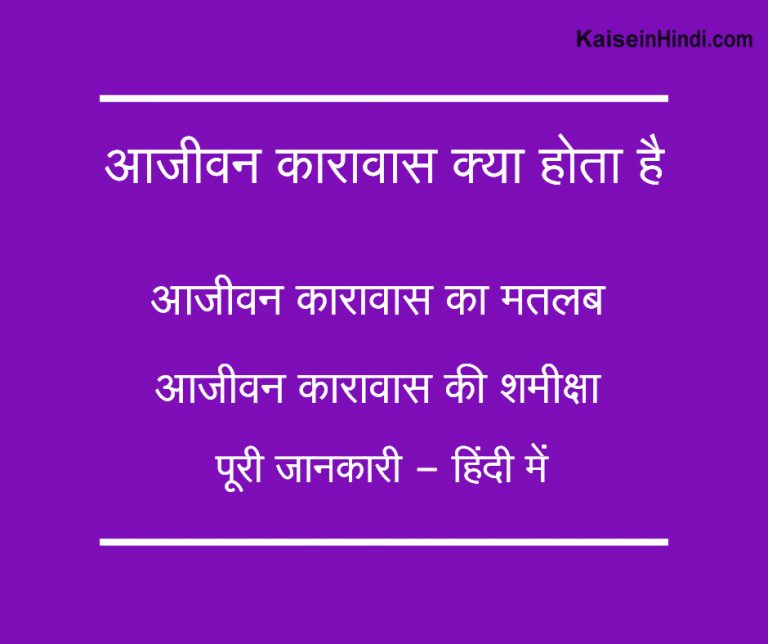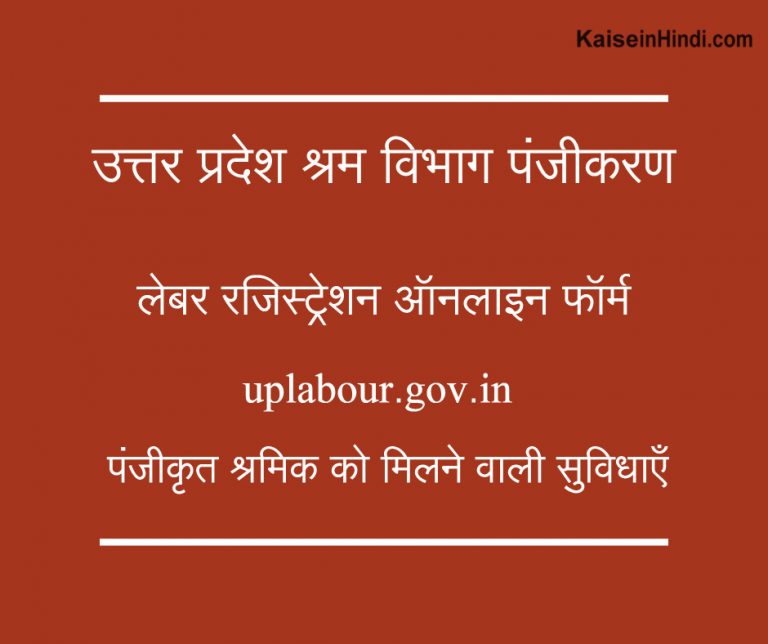Rights of the Prime Minister of the country
The Prime Minister has been given the most importance in the Indian Constitution. The Prime Minister is the head of the Union Executive. Under Article 74, the Prime Minister is the head of the Council of Ministers. He administers the functions of the President. The Prime Minister is appointed by the President. The President cannot appoint the Prime Minister at his discretion. The Prime Minister is the leader of the party having majority in the Lok Sabha. The President is only the nominal ruler, while the major executive powers are vested in the Prime Minister. When a no-confidence motion is passed in the Lok Sabha against the working Council of Ministers, the Council of Ministers has to resign. Today we are providing you detailed information about the powers of the Prime Minister on this page.
Also read: What are the rights of the President of the country
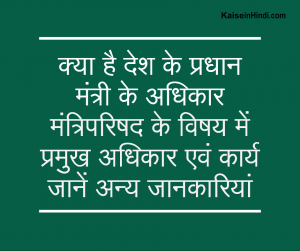
Also read: What is Right to Information (RTI)
Also read: What is Constitution, what is the meaning of written Constitution?
Major rights and functions regarding the Council of Ministers
1. The Prime Minister recommends to the President to appoint other members of his cabinet, dismiss them from the cabinet and accept their resignation from the cabinet (Article 75 (1)).
2.He can allocate departments to his cabinet members and can transfer any minister from one department to another.
3. Suggests the names of his party members to the President for appointing ministers. The President can appoint as ministers only those people whose names are recommended by the Prime Minister.
3.The Prime Minister is the head of the Cabinet and his death or resignation leads to the dissolution of the Cabinet.
4. It is the duty of the Prime Minister to give information related to the administration and legislative matters of the activities of the Union to the President and if the President asks for information from the Prime Minister on any such subject, then the Prime Minister is Bound to give information to the President (Article 78). ,
5.The Prime Minister presides over the Cabinet meeting and the decisions taken in the meeting are influenced by him.
6.If the President wants the Council of Ministers to consider any matter, he informs the Prime Minister.
7. Can advise the President to resign or dismiss any minister.
8.He also controls and directs the activities of all the ministers.
Note- If the Prime Minister resigns or dies, the other ministers are unable to continue their work. This means that the Council of Ministers is dissolved when the Prime Minister leaves office.
Also read: How to become an MLA
Also read: Women’s rights in India
rights regarding appointments
- Has the right to give opinion regarding the appointment of officers given by the Prime Minister to the President
- Comptroller and Auditor General of India
- Attorney-General of India
- Advocate General of India
- Election of the Chairman of the Union Public Service Commission and its members
- election of election commissioners
- Election of Vice Chairman and members of NITI Aayog
Also read: Functions, powers and rights of Rajya Sabha
rights regarding parliament
The Prime Minister is the head of the Lok Sabha, and he exercises his powers in the following manner:
1.He advises the President to call and end the session of Parliament.
2.He can advise the President to dissolve the Lok Sabha at any time.
3.He announces the policies of the government on the floor of the House.
Also read: What is the difference between Lok Sabha and Rajya Sabha?
Other powers of the Prime Minister
1.He plays an important role in shaping the foreign policy of the nation.
2.He is the main spokesperson of the central government.
3.He is the leader of the ruling party.
4.He is the Chairman of NITI Aayog, National Development Council, National Unity Council, Inter-State Council and National Water Resources Council.
5.During an emergency, disaster management is headed at the political level.
6.He is the political head of the armies.
Also read: How many assembly seats are there in which state?
relationship with the president
The relationship between the President and the Prime Minister is given in two articles.
1.Article 74- There will be a Council of Ministers to aid and advise the President, whose head will be the Prime Minister. The President will act according to the advice of the Prime Minister, however, the President can ask the Council of Ministers to reconsider his advice and the President will be bound to act on the advice given after such reconsideration.
2. Article 75- a. The Prime Minister will be appointed by the President, who will also appoint other ministers on the advice of the Prime Minister.
- Ministers can remain in their posts during the pleasure of the President.
- The Council of Ministers will be collectively responsible to the Lok Sabha.
duties of prime minister
- To submit information about all the works of the Council of Ministers to the President.
- To give complete information to the President regarding emergency in the country or any other matter like ‘foreign policy’.
- Inform the President on all decisions of the Council of Ministers related to the activities and administration of the Union.
Commenting on the functions of the Prime Minister, Dr. Ambedkar said that if any “executive” under our Constitution is compared with the President of America, then he would be the “Prime Minister of India” and not the ‘President’.
Thus, it can be said that in the parliamentary system of India, the President is only the nominal executive head and the real executive powers are vested in the Prime Minister.
Also read: How many seats are there in Lok Sabha?
Here we told you about the rights of the Prime Minister, if you have any kind of question in your mind related to this information, or want to get any other information related to it, then you can ask through the comment box, we Waiting for your feedback and suggestions.
You can get more such information through our portal kaiseinhindi.com. On our portal you can get the latest information related to current affairs, daily news, articles and competitive examinations, if you liked this information, then do like our Facebook page, and do not forget to subscribe to the portal.
Also read: Know what are the fundamental rights of an Indian citizen

